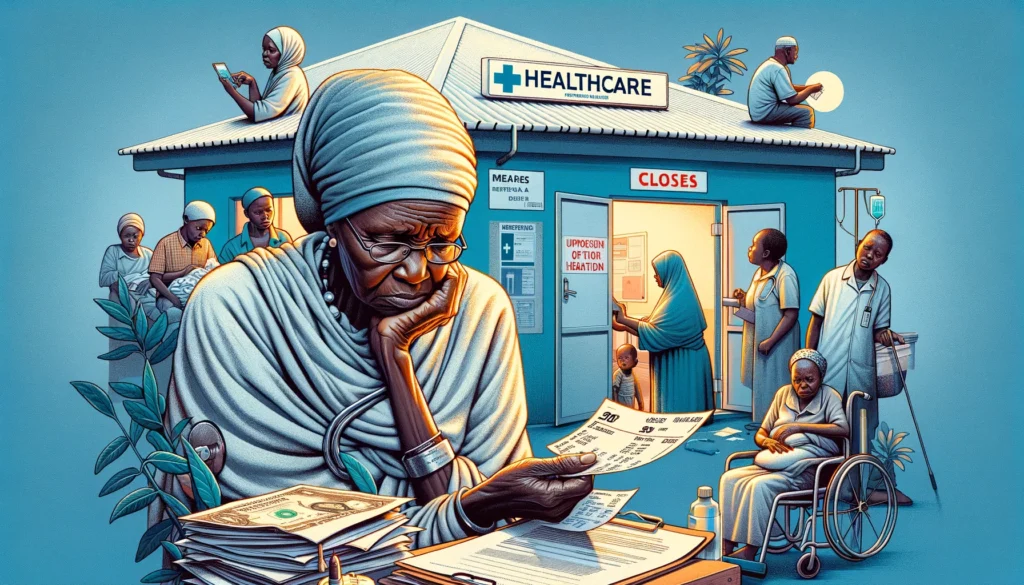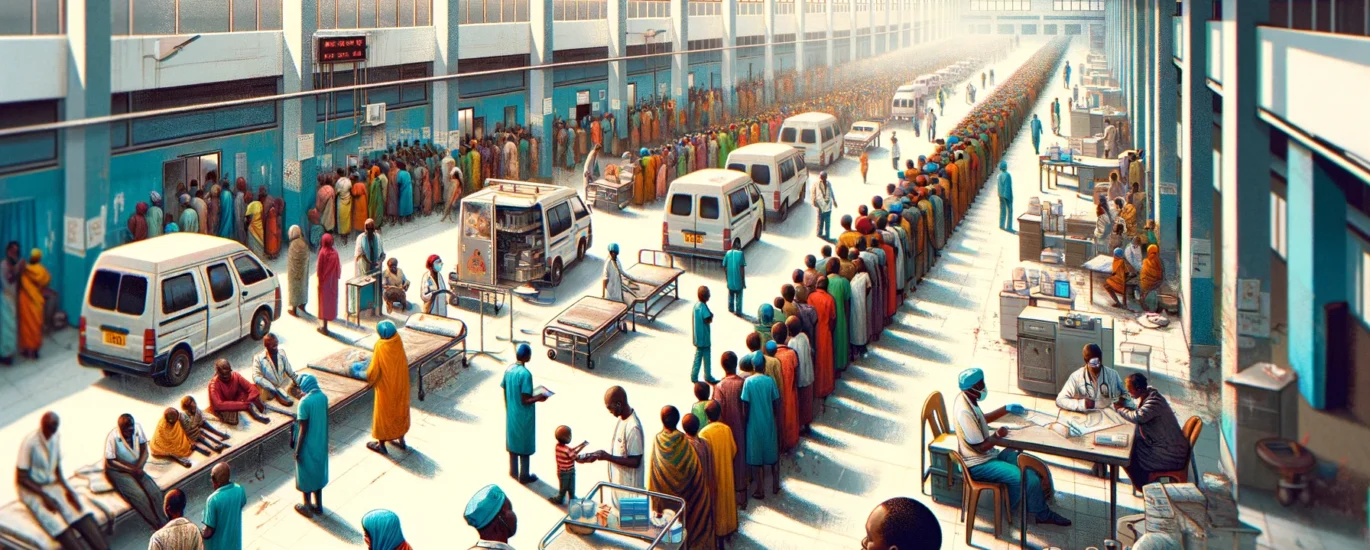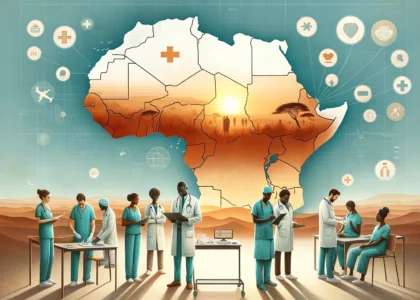Challenges Faced by the Healthcare System in Tanzania
Tanzania’s healthcare system, like many across the globe, grapples with a myriad of challenges that impede its ability to provide comprehensive and quality medical care to its population. Despite ongoing efforts and improvements, several key issues persist, affecting both the accessibility and the quality of healthcare services available to Tanzanians.
Infrastructure and Resource Limitations
One of the most pressing challenges is the scarcity of healthcare infrastructure, particularly in rural and remote areas. Many Tanzanians live far from medical facilities, and those available are often under-resourced, lacking in both medical equipment and essential medications. This scarcity undermines the ability of healthcare professionals to deliver effective care and manage health emergencies.
Workforce Constraints
The shortage of healthcare professionals is another significant challenge. There is a critical gap in the number of skilled healthcare workers, including doctors, nurses, and specialists, which strains the existing healthcare infrastructure. The limited number of professionals leads to overburdened staff, long wait times for patients, and, ultimately, a decrease in the quality of care provided.
Financial Barriers
Despite Tanzania’s move towards universal health coverage, financial barriers still prevent many people from accessing necessary healthcare services. Out-of-pocket expenses can be prohibitively expensive for a large segment of the population, leading to delayed or foregone medical care, which exacerbates health issues and leads to more severe medical emergencies down the line.

Infectious Diseases and Chronic Conditions
Tanzania continues to battle a high burden of infectious diseases, including HIV/AIDS, tuberculosis, and malaria, alongside a rising prevalence of chronic conditions such as diabetes and hypertension. Managing this dual burden is a significant challenge, requiring a multifaceted approach to healthcare that includes prevention, education, treatment, and ongoing management.
Supply Chain Inefficiencies
The healthcare system often faces inefficiencies in the medical supply chain, resulting in sporadic shortages of critical medical supplies and medications. These disruptions can severely impact patient care, leading to suboptimal treatment outcomes and increased morbidity and mortality rates.
Quality of Care
Ensuring consistent quality of care across the healthcare system is a persistent challenge. This includes maintaining high standards in patient care, improving healthcare outcomes, and ensuring patient safety. The variability in the quality of services, often influenced by the aforementioned challenges, hampers the overall effectiveness of the healthcare system.

Technological Advancements
While technology holds the promise of transforming healthcare delivery, the adoption of medical technology in Tanzania is uneven. Limited resources, infrastructure, and expertise in utilizing advanced medical technologies restrict the potential benefits they can offer, from improved diagnostics to enhanced patient record management.
Conclusion
Addressing these challenges requires a comprehensive and multi-faceted approach that includes strengthening healthcare infrastructure, investing in workforce development, enhancing supply chain management, and improving access to affordable care. While the journey is complex and challenging, the resilience and commitment of Tanzania’s healthcare professionals and stakeholders are pivotal in driving forward progress towards a more robust and inclusive healthcare system.





